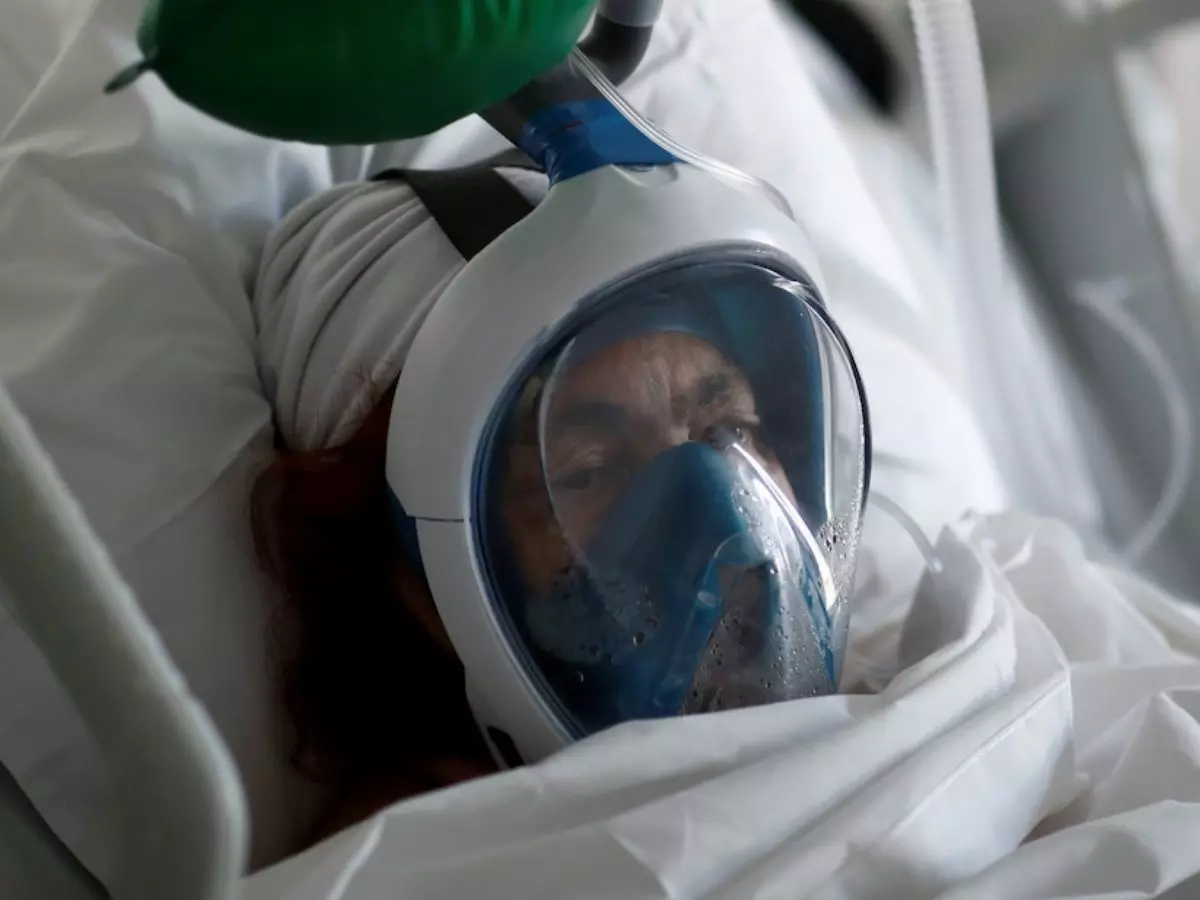WHO Suspends Hydroxychloroquine Trial Due To High Mortality, ICMR Still Hasn't
The antimalarial drug hydroxychloroquine was considered to aid in taming COVID-19

With COVID-19 cases continuing to rise at an unprecedented rate, researchers and doctors are striving hard to find a solution to stop the mayhem.
 Reuters
Reuters
A few weeks ago, antimalarial drug hydroxychloroquine was considered to aid in taming COVID-19 symptoms and was even hail by US President, Donald Trump and Brazil President, Jair Bolsonaro as the best defence against coronavirus.
However, further studies (published by The Lancelet media journal) revealed that the medicine ended up doing more harm than good, with it causing severe arrhythmias and increase the risk of death by a considerable 34 percent. Another study in Brazil revealed similar shocking results.
While many countries decided to pull the plug on the treatment using this drug, many still continued. And now, WHO itself has announced the suspension of this drug due to safety concerns.
 Reuters
Reuters
WHO Director-General Tedros Adhanom Ghebreyesus said in a statement, "The executive group has implemented a temporary pause of the hydroxychloroquine arm within the Solidarity trial while the safety data is reviewed by the data safety monitoring board. The other arms of the trial are continuing."
Even the FDA in the US had issued a warning for the use of the aforementioned drug last month, "Hydroxychloroquine and chloroquine have not been shown to be safe and effective for treating or preventing COVID-19. They are being studied in clinical trials for COVID-19, and we authorised their temporary use during the COVID-19 pandemic for treatment of the virus in hospitalised patients when clinical trials are not available."
India continues to use hydroxychloroquine
Oddly enough, the Indian Council of Medical Research hasn¡¯t updated its guidelines pertaining to WHO¡¯s recent suspension notification.
 Reuters
Reuters
As per a report by Firstpost, The drug is still being used to treat COVID-19 patients in India, after three studies -- a retrospective case-control analysis by ICMR, a study conducted in three government hospitals and another study on AIIMS healthcare workers showed positive results.
In fact, on May 22, the guidelines were updated for the drug to be given to people working in the frontline and containment zones (doctors, police officers), based on the aforementioned three studies.
ICMR hasn't issued any update since the WHO announcement suspending hydroxycholoroquine use for now.
